The story of the British cannonball bear!
In many places in the UK, you can see the image of such a bear with a cannonball.
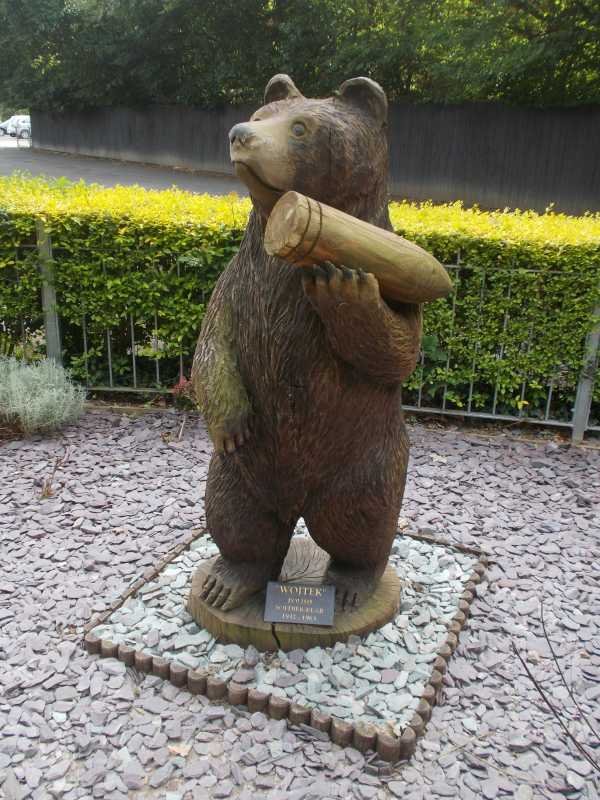

Perhaps you read this story early in The Reader or something else, and doubt its authenticity.
Indeed, a long time ago, I thought so.
..............................
..............................
On April 8, 1942, near Hamadan, Iran, a group of Polish soldiers stationed there met an Iranian boy holding a bear...
You asked Iran why there are Poles? They came from the Soviet Union. To be precise, they came from Polish refugees who were divided by the Soviet Union and Nazi Germany. Under British diplomatic pressure, refugees were organized into organizations that have been called the Anders' Army (named after the commander Władysław Anders). In 1942, he came to Iran from the Soviet Union and was led by the British.
Still talking about bears. The mother of this bear has been killed by the hunter, so the little boy took the bear back. Such a cute little thing naturally attracted the love of the Poles, so someone bought the bear, so that the bear-headed, fluffy little guy became a small pet of local Polish soldiers and refugees. And give it the name "Wojtek", Polish means "the person who enjoys the war" (so long meaning only needs one word?).
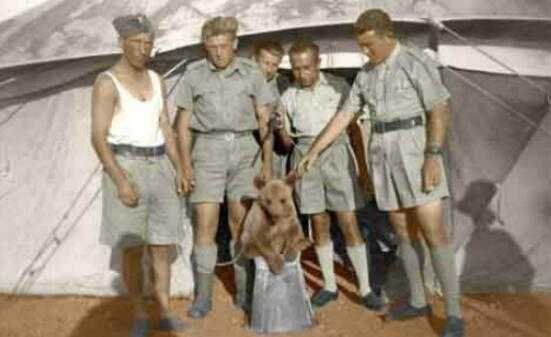
As soon as the small Wojtek arrived, it became the darling of the Poles in exile. Everyone wants to hug it.
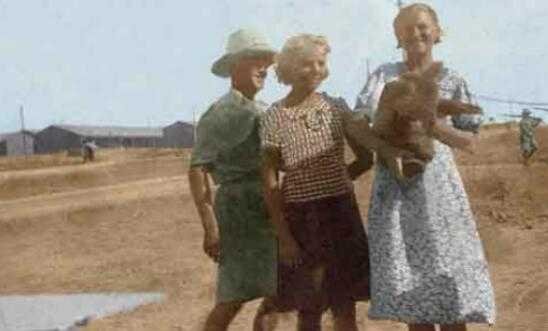
At first, Wojtek had a little swallowing problem, so everyone fed him condensed milk and later gave it fruit, jam, honey and syrup. Anyway, the soldiers feed it what it eats, and fortunately it is a bear. If it is a tiger, it is not good to feed.
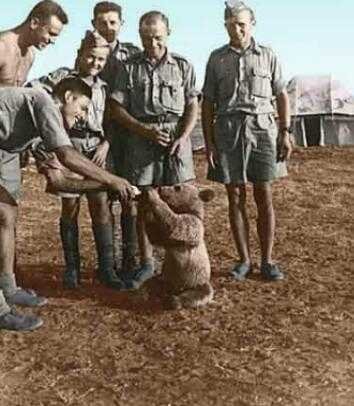
Later, some people fed it beer, so Wojtek often stunned and swayed in the camp.
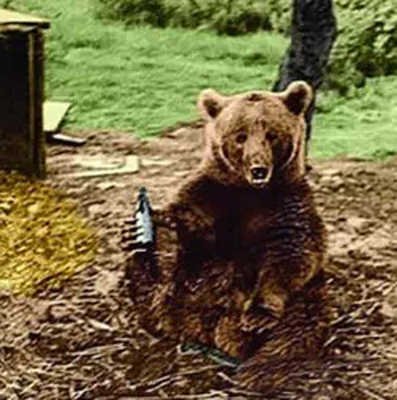
In this way, Wojtek grew bigger and bigger, its usual hobby is to wrestle with the soldiers (it is estimated that no one has fallen over him), but also learned to salute.
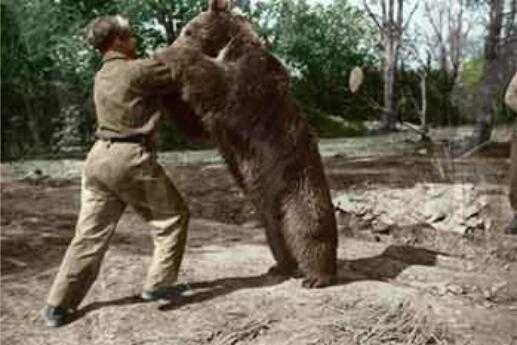
Wojtek moved from Iran to what is now Iraq, then to Syria, then to Palestine, and then to Egypt. Finally, Wojtek was going to land in Italy with the 2nd polish army.
Alexandria, the commander of the port, saw Wojtek and thought he had seen a lot, but he had never seen a bear in the army and was going to fight for Italy. He rejected Wojtek on the grounds that wild animals would not be allowed on board, and said only military personnel would be allowed on board.
How could Wojtek, who had long been one of the polish soldiers, abandon it? Wojtek joined the 22nd artillery transport company and became a private. The company applied for service number, rank and capital. "Wojtek actually gets paid, but he never gets paid. He always eats twice as much grain."
So Wojtek made it on to the transport ship to Naples. If Wojtek was just a mascot before, now he's a real bear warrior!
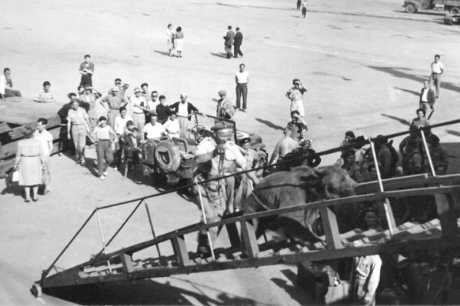
It and everyone can "make a piece"
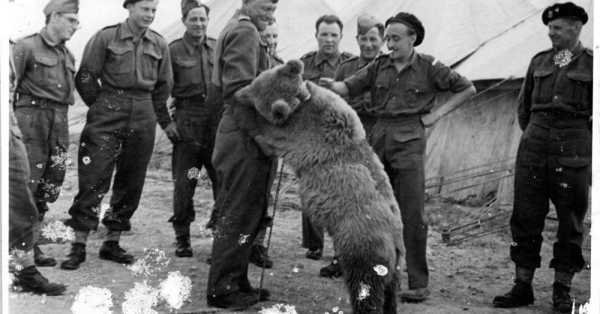
Also received a special favor from the ladies.
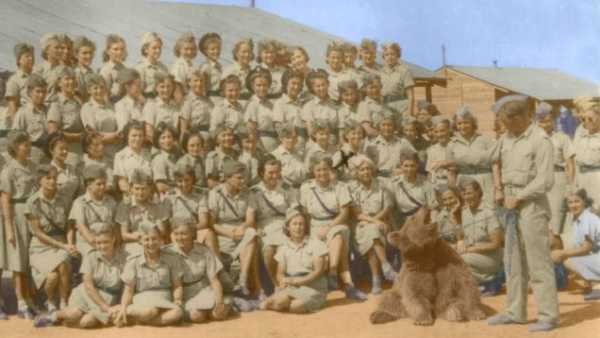
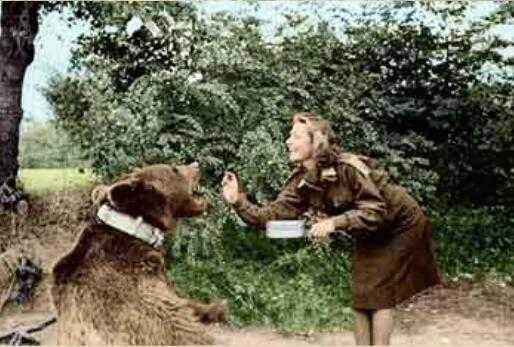
What are you looking at?
What do you want to do?
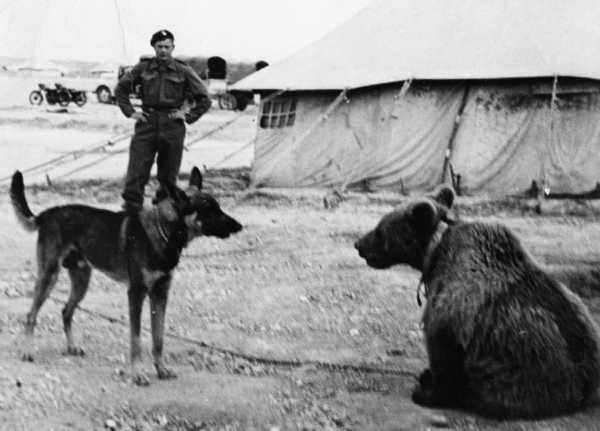
As the fierce battle of monasteries of cassino raged, polish troops, who had moved into southern Italy, were naturally sent into action, replacing the exhausted and heavily wounded British 78th infantry division from mid-may. Wojtek was strong enough to be trained to carry all kinds of important supplies, especially heavy stuff like artillery shells. Wojtek had never dropped any supplies and was not alarmed by the sound of guns and explosions, so the command headquarters gave special approval to change the badge of the 22nd artillery company to a bear carrying shells and renamed it to the 22nd transportation company.

There are still static models!
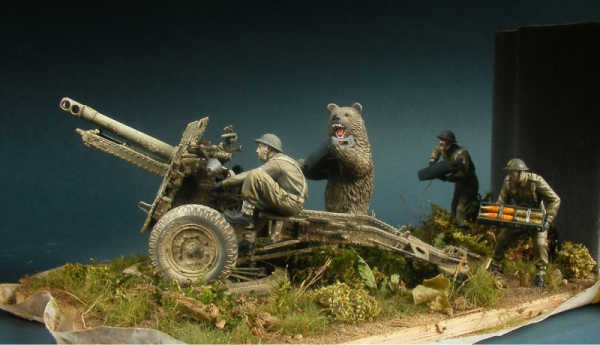
In 1945, as world war ii drew to a close, the 22nd transport company was moved to the Scottish village of Hutton in Berwick, where Wojtek was immediately embraced by local residents and the media. The Scottish Polish Cultural Association therefore awarded Wojtek "honorary membership" to show its love and respect. After the end of the war on November 15, 1947, Wojtek was sent to Edinburgh zoo, where he lived for the rest of his life.
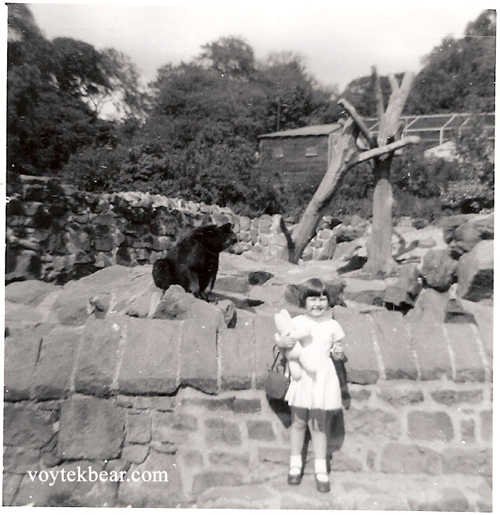
After retirement, Wojtek's life is still wonderful and his popularity is better than that of star artists. He is popular in zoos, where he can understand polish, waves to greet polish tourists and is often seen climbing fences during world war ii to catch up with him. People sometimes gave him tobacco, but no one lit it for him.
Wojtek died in December 1963. He was 22 years old.
To Wojtek's former comrades, it was a comforting companion in the cruel war, a comrade who could fight side by side in the fierce battle. It was unique.
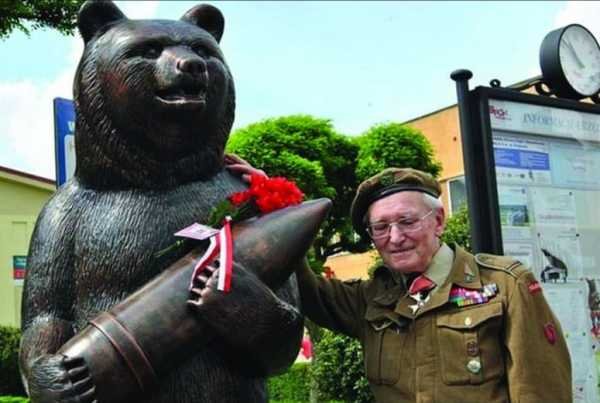
This is Wojtek, a legendary story of a Syrian brown bear in World War II.